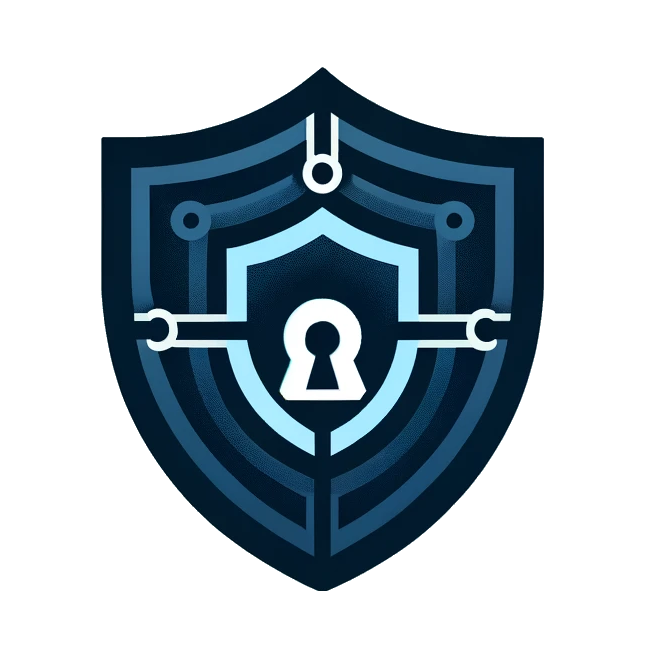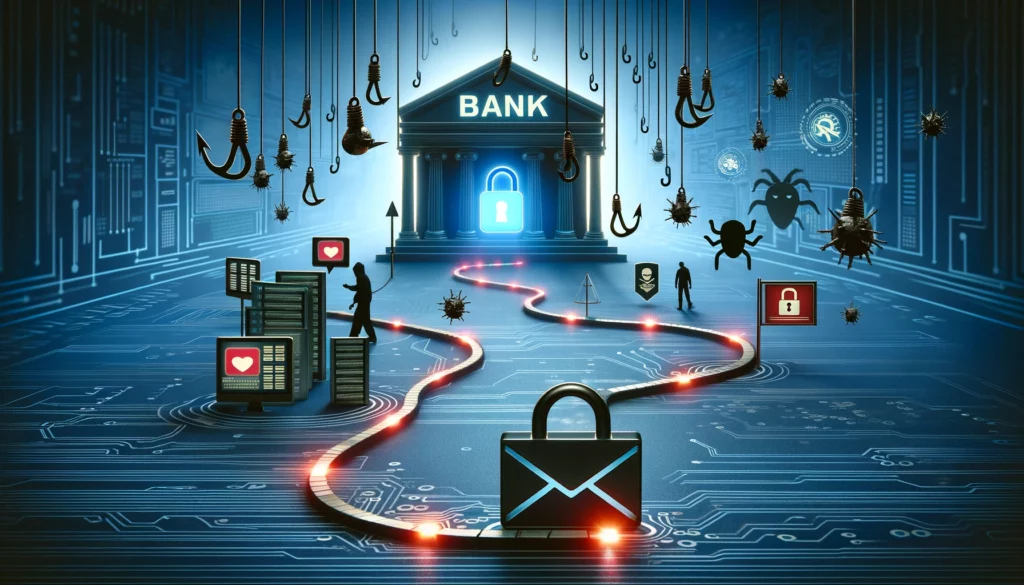Safeguarding personal information has become an absolute necessity. The prevalence of cyber threats poses a constant risk to our sensitive data, making it imperative to fortify our defenses against identity theft, financial fraud, and various other malicious activities. This heightened awareness underscores the importance of implementing robust security measures to shield our personal information from prying eyes and nefarious intentions. Throughout this blog post, we’ll delve into an array of best practices designed to bolster your defenses and empower you to navigate the digital landscape with confidence and resilience.
- Use Strong, Unique Passwords: One of the simplest yet most effective ways to protect your personal information is by using strong, unique passwords for each of your online accounts. Avoid using easily guessable passwords like “password123” or common phrases. Instead, opt for complex combinations of letters, numbers, and special characters. Consider using a reputable password manager to securely store and manage your passwords.
- Enable Two-Factor Authentication (2FA): Two-factor authentication adds an extra layer of security to your online accounts by requiring a second form of verification, such as a code sent to your mobile device, in addition to your password. Enable 2FA whenever possible to add an extra barrier against unauthorized access to your accounts.
- Be Cautious of Phishing Attempts: Phishing remains one of the most prevalent cyber threats targeting personal information. Be cautious of unsolicited emails, text messages, or phone calls that request sensitive information or prompt you to click on suspicious links or download attachments. Verify the authenticity of communications before providing any personal or financial information.
- Keep Software Updated: Ensure that your devices, including computers, smartphones, and tablets, are regularly updated with the latest security patches and software updates. These updates often include fixes for known vulnerabilities that cybercriminals could exploit to gain access to your personal information.
- Secure Your Wi-Fi Network: Secure your home Wi-Fi network with a strong password and encryption to prevent unauthorized access. Avoid using public Wi-Fi networks for sensitive activities like online banking or shopping, as they are often unsecured and can be easily intercepted by hackers.
- Limit Sharing of Personal Information: Be mindful of the information you share online, especially on social media platforms. Avoid oversharing personal details such as your full name, address, phone number, or birthdate, as this information can be used by cybercriminals to impersonate you or conduct identity theft.
- Regularly Monitor Your Accounts: Make it a habit to regularly monitor your bank accounts, credit card statements, and credit reports for any unauthorized transactions or suspicious activity. Report any discrepancies to your financial institutions immediately to prevent further fraud.
- Educate Yourself: Stay informed about the latest cybersecurity threats and best practices for protecting your personal information. Take advantage of resources provided by reputable cybersecurity organizations and financial institutions to enhance your knowledge and awareness of online security risks.
Safeguarding your personal information demands a proactive stance and a dedication to adopting best practices for online security. By adhering to these guidelines and maintaining a vigilant attitude, you can significantly reduce the likelihood of succumbing to cyber threats and ensure the integrity of your sensitive data remains intact. Always bear in mind that your personal information holds substantial value—handle it with the utmost care and diligence to preserve your digital well-being.

Penetra Cybersecurity is at the forefront of defending the digital frontier, providing cutting-edge solutions to protect businesses and organizations from the ever-evolving threats of the cyber world. Established with a mission to create a safer internet for everyone, Penetra leverages a blend of advanced technology, expert knowledge, and proactive strategies to stay ahead of cybercriminals.
Ready to take the next step towards a more secure future? Schedule a consultation with us today and discover how we can help protect what matters most to you. Don’t wait until it’s too late—with Penetra Cybersecurity, your business isn’t just secure; it’s imPenetrable.




